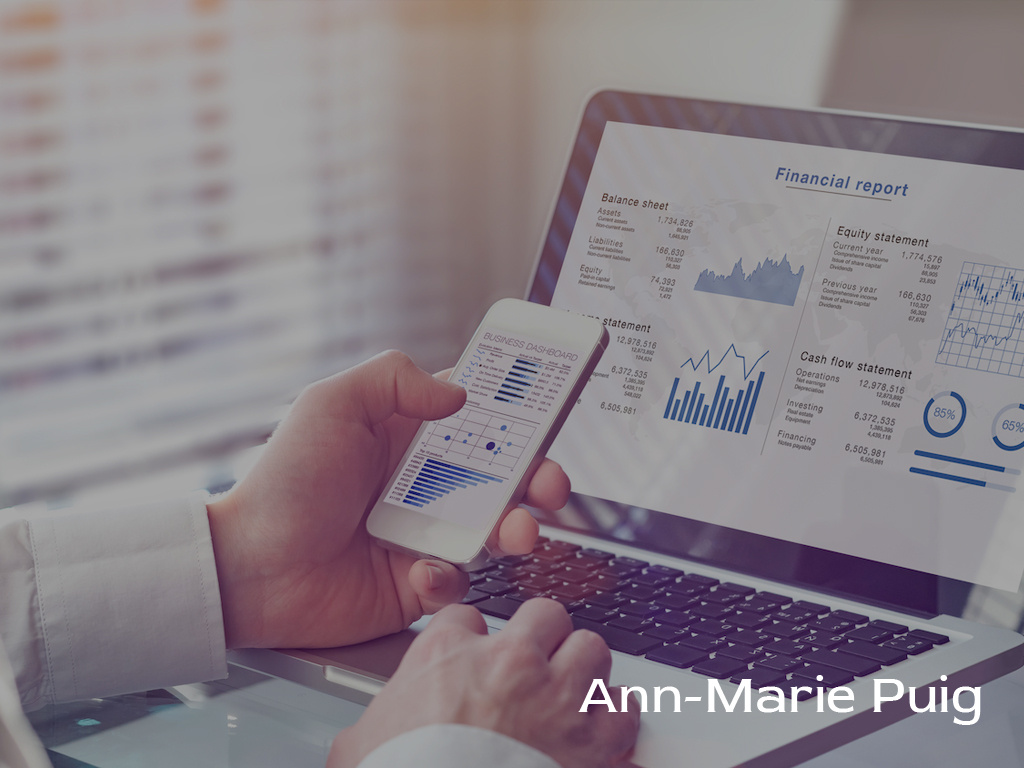As digital transformation accelerates across industries, accounting systems are evolving from back-office utilities into powerful engines of strategic value. Business efficiency expert Ann Marie Puig has shared her latest projections on how modern accounting systems will continue to reshape enterprise operations in the years ahead, offering actionable insights for organizations seeking to remain competitive, agile, and financially sound.
According to Puig, the accounting function is undergoing a profound shift driven by automation, cloud technologies, data integration, and AI-powered analytics. “Accounting is no longer just about record-keeping and compliance,” she explains. “It’s becoming a source of real-time intelligence and operational efficiency that fuels decision-making across the enterprise.”
One of Puig’s key projections is the widespread adoption of integrated accounting ecosystems. These cloud-based systems unify general ledger, accounts payable and receivable, payroll, and financial reporting in a single platform. “Integration reduces redundancies, eliminates data silos, and accelerates reporting cycles,” Puig notes. “It allows finance teams to operate with greater precision and speed.”
She also projects a dramatic increase in the use of artificial intelligence and machine learning in accounting workflows. From automated invoice processing and expense categorization to anomaly detection and predictive forecasting, AI is streamlining routine tasks and improving the accuracy of financial data. “AI will continue to reduce human error and enhance strategic insights by analyzing vast volumes of financial transactions in seconds,” Puig says.
Ann Marie Puig highlights the growing role of real-time data in transforming enterprise operations. She emphasizes that modern accounting systems now provide dashboards and analytics tools that deliver up-to-the-minute visibility into cash flow, profitability, and cost centers. “Real-time reporting enables managers to make faster, better-informed decisions and respond swiftly to business needs,” she says.
In addition, Puig anticipates the convergence of accounting with enterprise performance management (EPM) systems. By linking financial metrics with operational KPIs, companies can align budgeting, forecasting, and resource planning more effectively. “Modern accounting platforms will serve as a bridge between finance and strategy,” Puig explains. “They help ensure that every department is working toward the same financial goals.”
Another major trend Puig forecasts is the rise of touchless transactions and smart contracts powered by blockchain. These technologies promise to revolutionize how companies handle payments, audits, and financial reconciliations. “Blockchain adds a layer of transparency and trust, reducing reconciliation times and lowering fraud risk,” she observes.
She also stresses the importance of cybersecurity and regulatory compliance in modern accounting systems. As automation and data sharing increase, so do risks related to data breaches and non-compliance.
Puig recommends businesses prioritize accounting platforms that feature advanced access controls, encryption, audit trails, and automated compliance reporting. “Security must scale with innovation,” she says. “The more powerful your systems, the more critical it is to protect them.”
Looking ahead, Puig sees accounting professionals taking on more strategic roles within enterprises. With automation handling routine transactions, finance teams will spend more time on analysis, scenario planning, and business partnering. “Tomorrow’s accountants will be business strategists,” Puig asserts. “They’ll help shape enterprise priorities and support long-term growth.”
To prepare for this evolution, Puig urges companies to invest in continuous upskilling. Finance professionals need training in analytics, technology platforms, and data storytelling to thrive in this new landscape. “Modern accounting systems are only as effective as the people using them,” she says. “Training is key to unlocking their full value.”
Finally, Puig emphasizes that the transformation of accounting systems is not just about tools, but about culture. She encourages businesses to embrace change, foster cross-department collaboration, and create a mindset of continuous improvement. “True transformation happens when people, processes, and platforms evolve together,” she concludes.
Through her future-focused insights, Ann Marie Puig continues to guide enterprises in leveraging modern accounting systems to enhance efficiency, transparency, and performance. Her projections offer a roadmap for organizations aiming to modernize financial operations and unlock new sources of business value.




